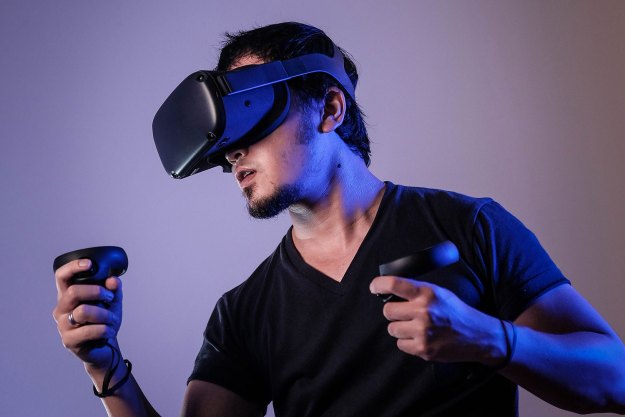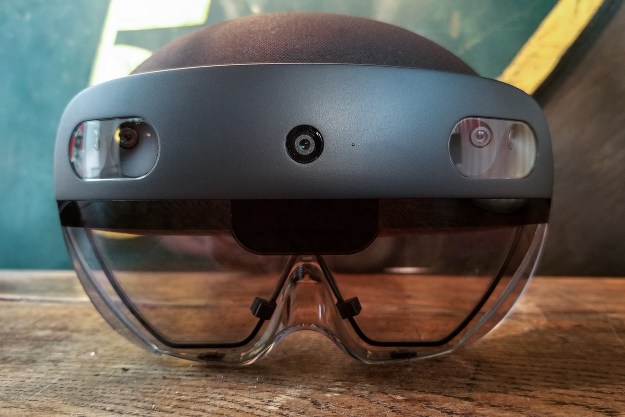
Asus CEO Jonney Shih and Microsoft vice president of Windows and devices Terry Myerson confirmed the talks were happening to CNET. Myerson said it was “up to Shih” to evaluate the technology and begin work on a compatible hardware device.
From what we know, Asus is the first company to look into a partnership with Microsoft on augmented reality. The deal could save Asus a great deal of time on the software side, while improving the hardware and cost.
The HoloLens is a new type of “mixed reality,” capable of showing superimposed 3D images in a room. Microsoft is working to make these images capable of interacting with the environment, as seen with the recent Project: X Ray demo at the hardware event on Oct 6.
It is not all fun and games however, as Microsoft has partnered with NASA to send HoloLens to astronauts on the International Space Station (ISS), and is working with AutoDesk on enterprise applications for the device. Microsoft CEO Satya Nadella said healthcare, construction, and other areas were also being looked at for potential HoloLens applications.
Asus would need to adhere to Microsoft’s rules for HoloLens, which may mean waiting a few years before launching a commercial model. Nadella said in an interview the HoloLens was a “five year journey,” which we may assume would only then arrive at the commercial launch of the device.
HoloLens differs from Google Glass, another mixed reality headset, by offering a much larger headset for specific tasks, instead of everyday wear. This allows Microsoft to stuff more power inside the headset, without borrowing from a nearby phone or computer.
Myerson said that HoloLens is a preview of what Windows has to offer, similar to the Surface Book and Surface Pro 4. This approach is netting Microsoft more hardware income, but by investing time into building the hardware internally it might be pushing away potential partners who don’t want to compete with Microsoft.
Editors' Recommendations
- This sleeper Asus laptop is faster and cheaper than Microsoft’s Surface Laptop Go 3
- We now know how Apple’s VR headset may handle video, and it’s pretty awesome
- Microsoft is looking to create its own mobile app store, according to filings
- Apple AR headset price just leaked, and it’s as expensive as you’d expect
- Microsoft has finally brought Teams to its own app store


